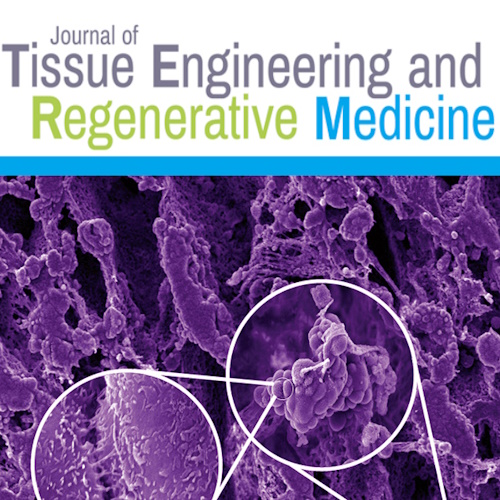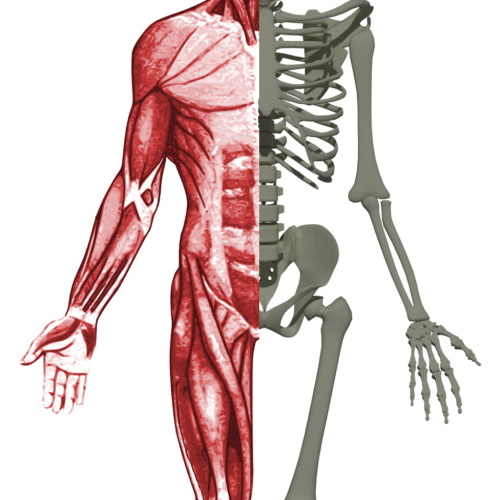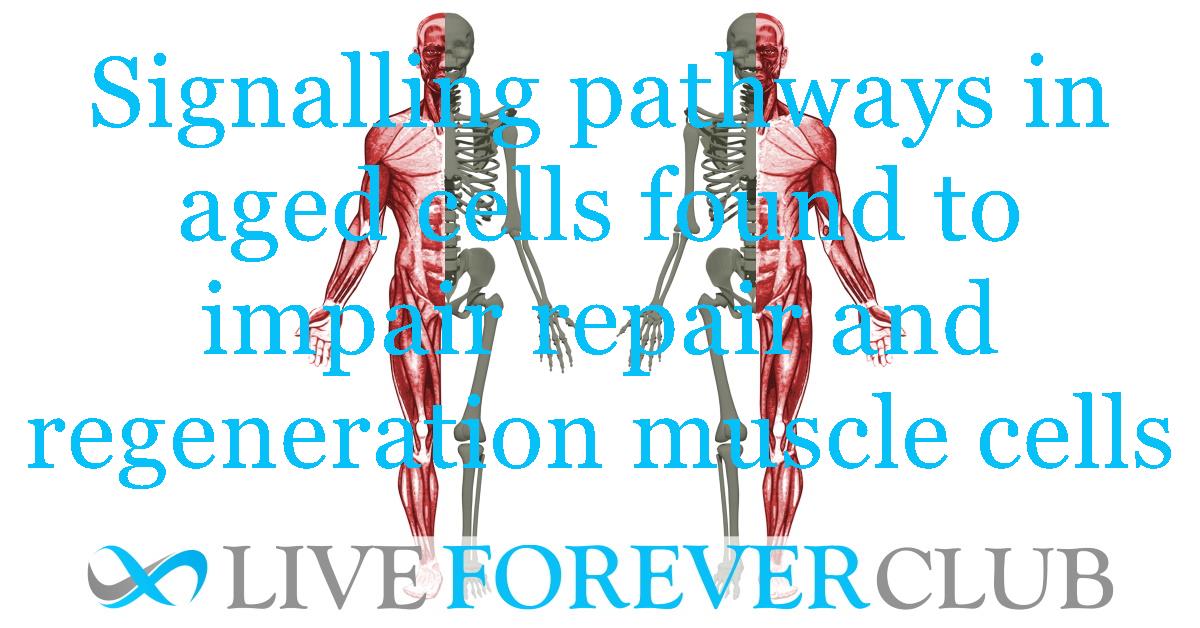Key points from article :
Researchers revealed how muscle cells deteriorate with age, affecting their ability to regenerate and recover after an injury.
Muscle cells were examined in the lab to observe different mechanisms that drive muscle ageing.
Chemically-injured muscle cells from donors were studied on how they heal and regenerate back to their pre-injury baseline levels.
Found distinct differences in development pathways of younger cells (from a 20-year-old) & older cells (from a 68-year-old).
While younger muscle cells fully recovered from the injury, the genes in older cells expressed less of what they needed to.
“Pathways that control cell processes and development in older cells are downregulated ~ regeneration is impacted the older we get," said Livia Santos, lead researcher.
Reduced regeneration capacity leads to thinner, less robust ‘myotubes’ – a cell type that can fully develop into a muscle fibre.
Findings could help to shed light on why it takes people longer to recover from muscle damage in older age.
Study by Nottingham Trent University, published in the Journal of Tissue Engineering and Regenerative Medicine.








